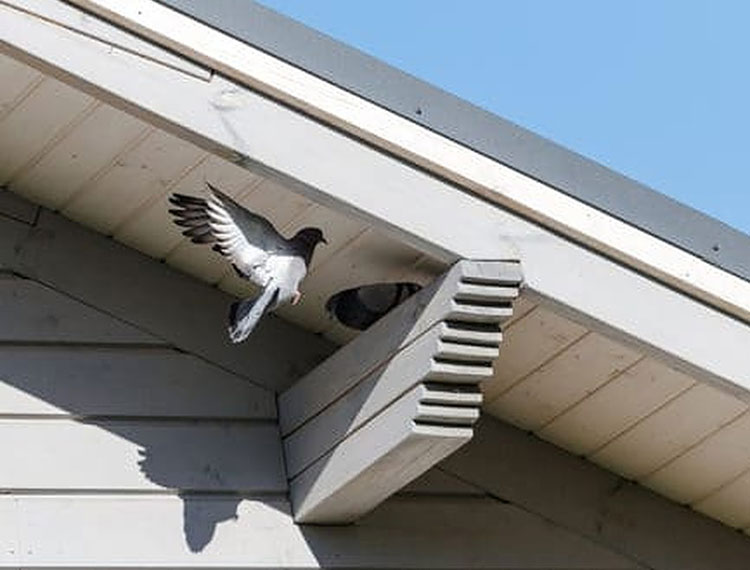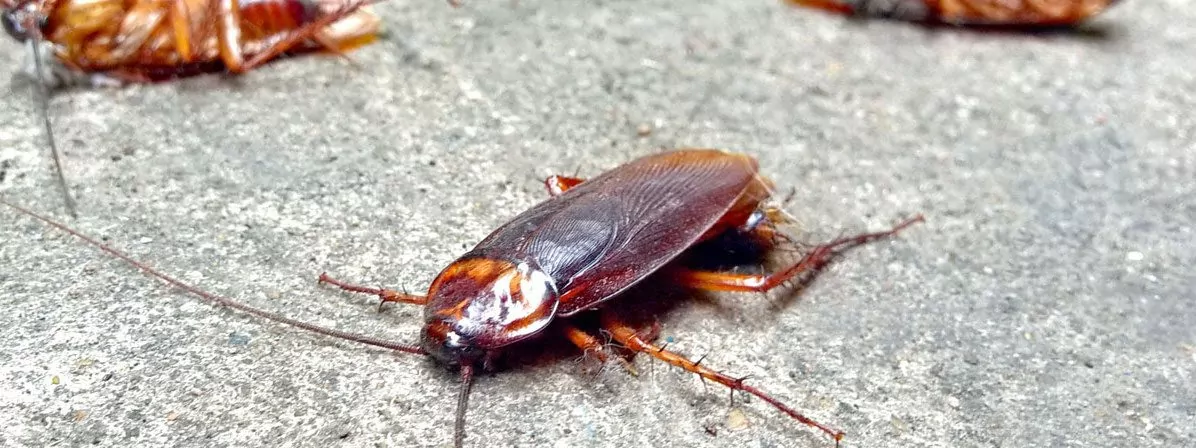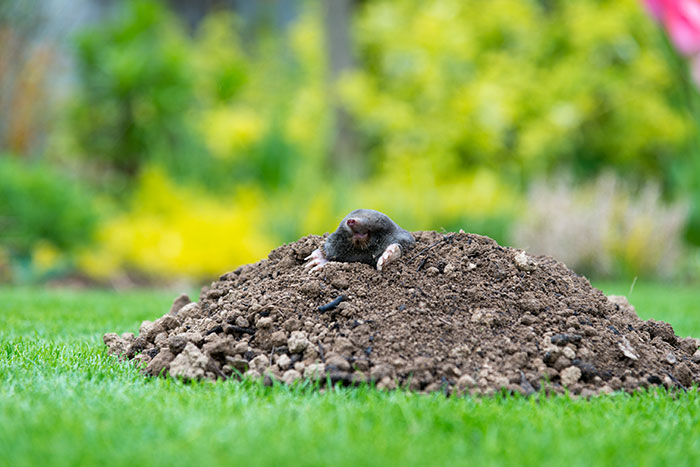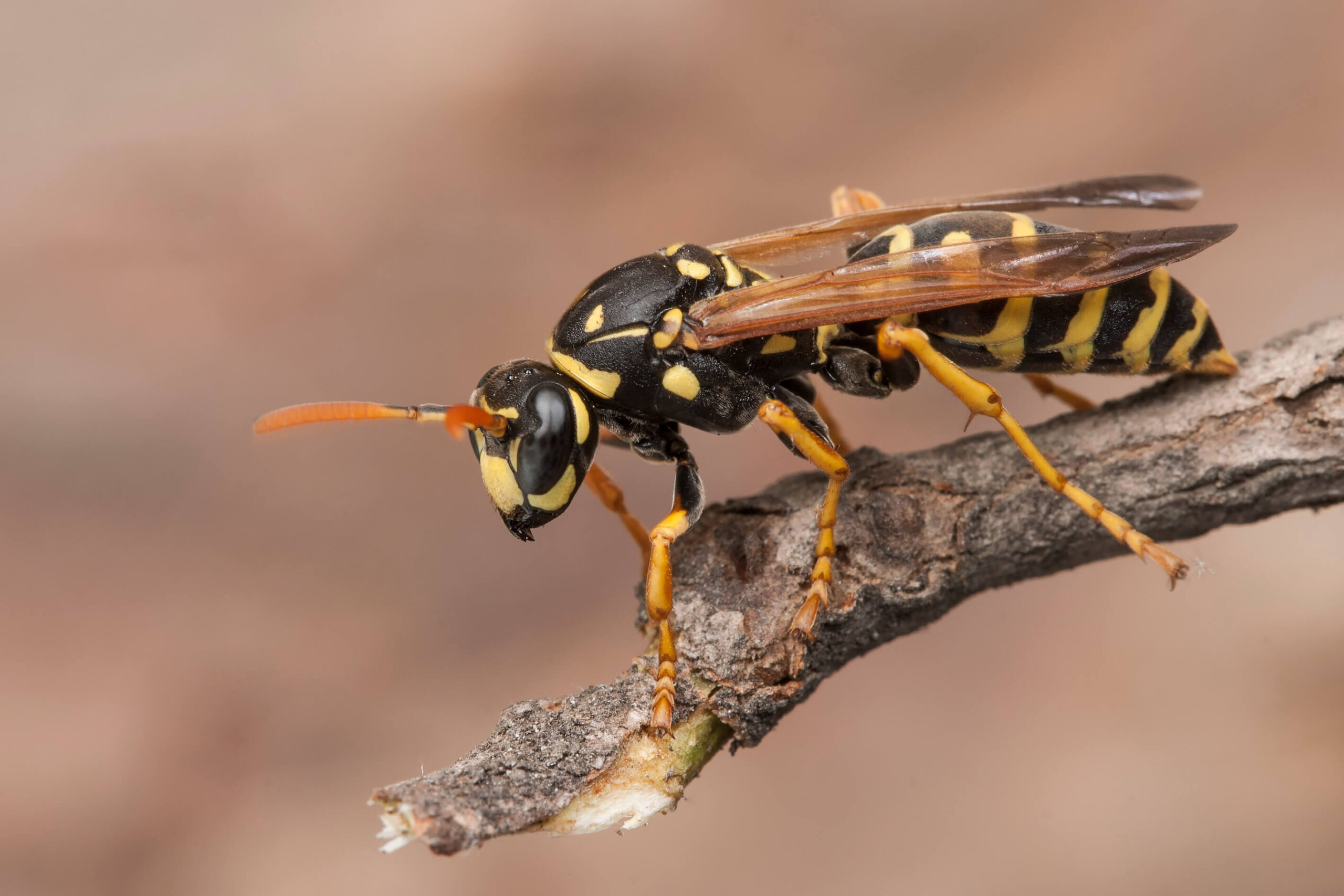December 21st, 2023
Pest Control Services
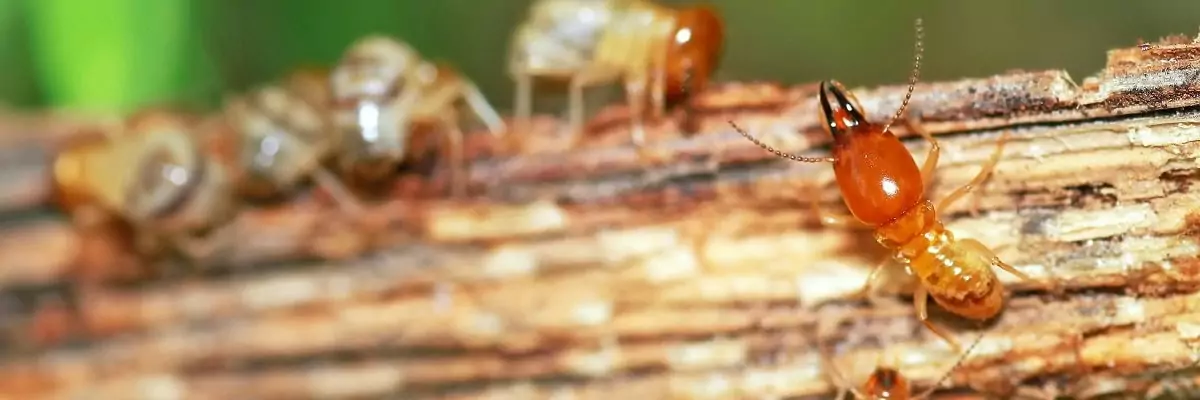
Get started today
Get a free quote
Speak with the team"*" indicates required fields
Our Accreditations
Who we are
Acorn started out as a small family-run business which was formed in 1990. At first, Acorn only specialised in Pest Control. However, due to the Chairman’s drive and expertise, Acorn expanded its service offering cleaning and clearances, part of their daily routine. In October 2021 Acorn expanded into the water hygiene sector and has qualified operatives with over 25 years of experience in the industry.
Acorn has become a successful environmental service company; offering a great range of services to cover all areas, both internal and external for all types of industries, commercial, public and private clients within the North West and beyond, Acorn has more than 200 clients and employs 40 specialist staff members in their field.
Acorn is a family-orientated environmental service company who are happy to assist with any problem. Its target to make a difference to the environment drives its vision to REACT, COMMUNICATE and DELIVER the best service possible to its growing client portfolio.
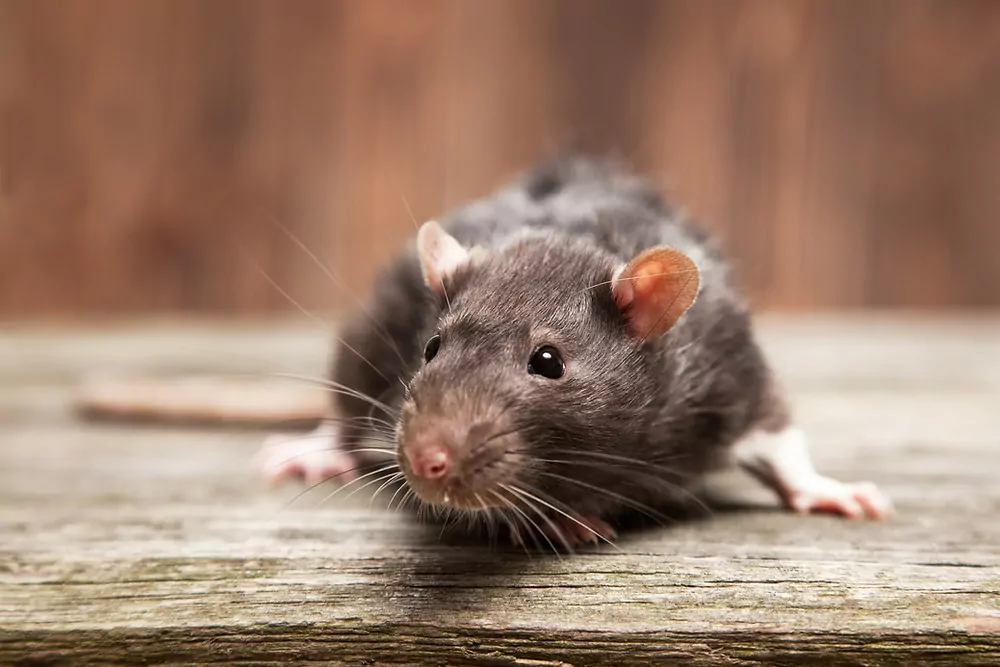
What is Pest Control?
What springs to mind when you hear the word pest? A mouse or rat that’s gnawed its way into your home looking for shelter? The family of gulls that appears to have set up home on your factory roof?
Pests are any insects, rodents, or birds that invade your home or business and cause damage to property, stock, and machinery, as well as posing a serious risk to health and safety.
Pest control is the prevention or removal of pests from your commercial property or home using deterrents, repellents, or other means of elimination.
Why would you consider Pest Control?
Nobody wants to share their home with pests that cause damage and carry diseases, and you certainly don’t want them on your business premises, especially if you own a café or restaurant and you have to abide by stringent food safety regulations. Pests can also be a real headache if you have a large commercial site, whether you’re having to pay expensive repair bills to rectify pest damage, or the presence of pests is causing a serious health and safety or damaging PR issue.
Offering removal and prevention services for all types of and pests Acorn can be trusted to deliver a professional services on time, every time!
Our pest control services
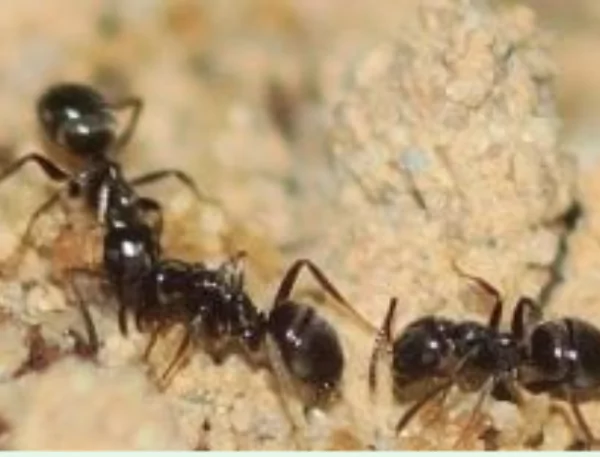
Fully licensed pest controllers
Acorn Environment Services provide a fully licensed, insured and accredited service delivered by a workforce that is both prepared and equipped to provide tailored solutions to all pest problems.
Utilizing a cloud-based infrastructure with live job and vehicle tracking, Acorn Environmental Services adopts a transparent pricing strategy with clear upfront costs along with real-time job updates for convenience and reliability, you can also book and pay safely online.
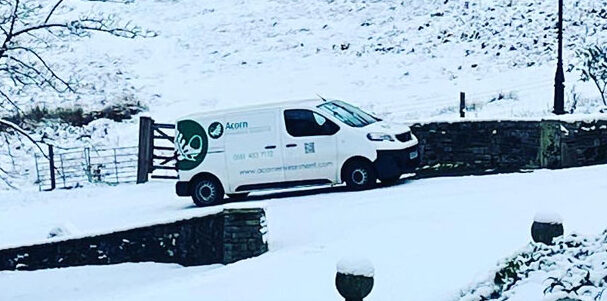


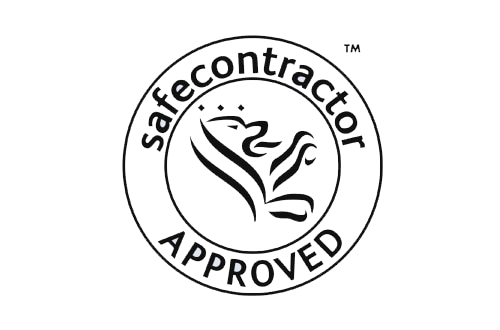


Why choose Acorn
Expert Knowledge & Support
With over 30 years of experience, our onsite teams can quickly and easily handle all types of pest control tasks.
Thorough reports & audits
As members of NPTA and other official bodies, we provide detailed reports and solutions on how to deal with your pest problem.
Dedicated Aftercare & Support
Our support doesn’t end with the job, with our teams of experts being on hand to answer any questions you have about aftercare and pest prevention.
Serving nationwide
Our specialist services extend nationwide for your convenience.
Our services
Pest Control & Specialist Cleaning
Pests
Our pest control services deal with every aspect of pest infestation removal. We’ll provide an initial report, remove them, and then advise on how you can keep them from coming back in the future. For pest removal in your home or commercial property, no matter the size or nature of the infestation, trust Acorn Environment Services Ltd.
Water Hygiene
We offer a wide range of water hygiene services, including Legionella risk assessment, water sampling, and the cleaning & disinfection of water tanks. We carry out in-depth audits and follow strict health and safety guidelines designed to keep your water supply safe and hygienic. We also offer bespoke packages for our clients when needed.
Fully Accredited
We are proudly accredited by leading industry bodies including CHAS, Constructionline, SafeContractor, and the Legionella Control Association. These certifications demonstrate our commitment to safety, compliance, and delivering the highest standards in environmental and pest control services.
Speak to a specialist today
Whatever hygiene improvement requirements you may have – from pest removal to commercial cleaning – we want to help. Speak to one of our specialists today to take the first steps towards a cleaner future.
How Pest Services works
Acorn’s pest control specialists will handle your situation with care.
-
Request a survey
Call or email our team today for a FREE quote on solving your pest problem.
-
Talk to an Expert
If you’re not sure which of our pest control services you need, call our friendly team for FREE professional advice.
-
Urgent Support
Have an emergency? Don’t panic – our team of specialists are available 24/7.
From our clients

Pest Control FAQs
How can Acorn help me with rodents and vermin?
How do you remove any pests?
Why are rats considered vermin?
How can I be sure that rats are in my property?
Why are birds considered vermin?
What type of birds are considered vermin?
Latest News
October 9th, 2023
How to protect your home from the Paris bed bug infestation
September 5th, 2023
Water Testing: The basics to remember
August 2nd, 2023
Legionella Bacteria & The Role of Temperature
July 17th, 2023
What is water recycling?

Speak to a specialist today
Discover how we can help
"*" indicates required fields

